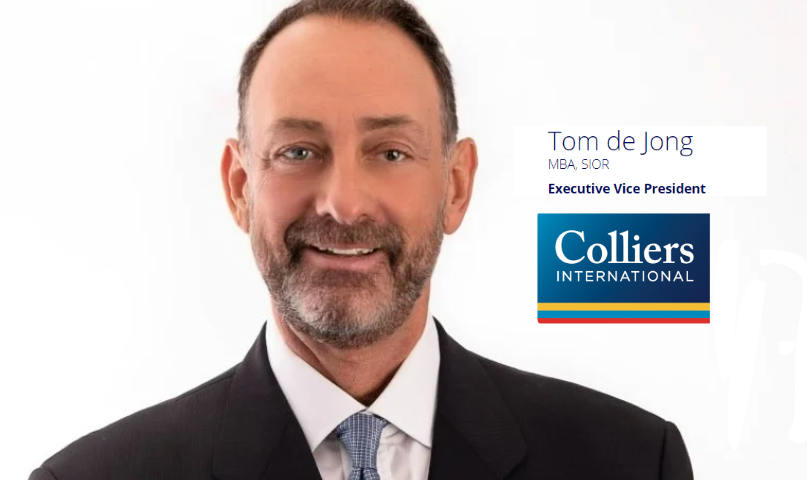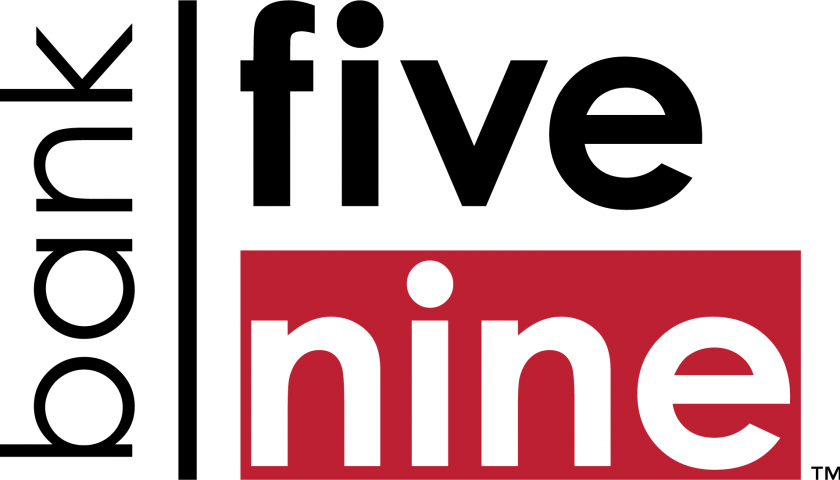SBA Eligibility Determination
7(a) & 504 |
- Lenders were responsible for determining program eligibility under delegated authority; SBA could repair or deny a guaranty purchase request for eligibility
- SBA was responsible for determining eligibility for non-delegated loans
|
- SBA is responsible for determining eligibility for all loans based on ETRAN data submissions, and SBA will not repair or deny a guaranty purchase request for eligibility if SBA determined the borrower eligible
|
Affiliation
7(a) & 504 |
- When applying SBA size standards, affiliation included both ownership and the subjective concept of “control”
|
- When applying SBA sizes, which includes regulations related to affiliation, affiliation focuses only on ownership considerations. SBA will check and confirm compliance with SBA affiliation regulations as a component of the overall eligibility determination
|
Fraud Check
7(a) & 504 |
- Lender complied with FinCen BSA/KYC requirements
|
- Lender must continue to comply with FinCen BSA/KYC requirements
- SBA conducts fraud reviews on every loan application
|
Loan Authorization
7(a) & 504 |
- Lenders/SBA used the Authorization Wizard to re-enter information to generate the Loan Authorization
|
- Lenders can automatically generate a “Terms and Conditions (Ts&Cs)” sheet with one click using information already entered in ETRAN. The Ts&Cs sheet can be downloaded, printed, emailed, etc.
|
Criminal Background Checks/Character Determinations
7(a) & 504 |
- Applicant had to answer three questions regarding prior criminal background of its owners
- Owners could be required to complete a lengthy character determination process, which included fingerprints and an FBI background check
|
- Applicant has to answer one question regarding prior criminal background of its owners with no requirement for a criminal background check or fingerprints
|
Credit Not Available Elsewhere
7(a) & 504 |
- An applicant’s personal resources could impact the credit not available elsewhere determination
- Many lenders included a narrative/discussion in their credit memo describing why credit was not available elsewhere
|
- An applicant’s personal resources do not impact the “credit not available elsewhere” determination
- Lenders can document why credit is not available elsewhere by selecting one of the following common reasons:
- Inadequate collateral
- Inability to meet lender’s conventional credit score policy
- StartUp business
- Business needs longer maturity
- Loan exceeds lenders policy limit it can lend to one customer (cannot be sole selection)
- Other
|
| 7(a) SBSS Score |
- SBA will provide FICO Small Business Scoring Service scores (SBSS scores) for 7(a) loans under $350,000, except SBA Express, CAPLines, and export loans
|
- SBA will provide SBSS scores for all 7(a) loans under $500,000, except SBA Express, CAPLines, and export loans
|
| 7(a) Underwriting Requirements $500K or Less |
- For loans that did not receive an acceptable SBSS score and were over $350,000, SBA required lenders to use a standard, 9-point underwriting criteria
|
- Beginning May 2023, simplified underwriting can be used for loans $500,000 or less, including:
- Through an acceptable SBSS score, currently 155 and above
- Through cashflow analysis
- Through the lender’s same policies and processes they use for similar-sized non-SBA guaranteed loans, including use of credit scoring models
- Through the standard, 9-point underwriting criteria used for 7(a) Standard loans over $500,000
|
| 7(a) Partial Change of Ownership |
|
- Beginning May 2023, permitted
|
| 7(a) Tax Return Transcripts |
- For most loans, lenders had to obtain copies of the applicant’s tax return transcripts and reconcile with the financial information provided in the application
|
- For loans $500,000 and less, lenders have additional options – they can follow their business financial information verification practices and at least collect tax returns to verify tax filing, a standard used in similarly situated private sector loans
|
| 7(a) Fees for Applicants |
- SBA capped fees that lenders could charge applicants
- Lenders were prohibited from charging flat fees and completed Form 159 for all loans
- Lenders were not clear on incorporating technology service fees
|
- SBA continues to cap fees that lenders can charge applicants
- Lenders may charge a flat servicing and packaging fee of $2,500 without completing Form 159
- Lenders may charge certain technology service fees
|
| 7(a) Collateral |
- Not required for loans of $25,000 and less
|
- Not required for loans of $50,000 and less (personal guarantees remain)
|
| 7(a) Lender Request for SBA Purchase of Guaranty |
- Depending on the 7(a) loan delivery method and loan size, lenders used different purchase packages
|
- Lenders use a Universal Purchase Package (UPP) for all 7(a) loans, regardless of delivery type or loan size
|
| 7(a) Equity Injection $500K or Less |
- A 10% equity injection was required for start-up businesses and complete changes of ownership, except for Express
- For changes of ownership between existing owners, the applicant’s debt to worth ratio must not exceed 9:1
|
- Equity injection is not required, lenders can follow their policies for similarly situated private sector loans
- No debt to worth ratio requirement
|
| 7(a) Equity Injection Above $500K |
- A 10% equity injection was required for start-up businesses and complete changes of ownership
- For changes of ownership between existing owners, the applicant’s debt to worth ratio must not exceed 9:1
|
- A 10% equity injection is required for complete changes of ownership
- For changes of ownership between existing owners and partial changes of ownership, the applicant’s debt to worth ratio must not exceed 9:1
- Except for changes in ownership, an equity injection is not required, lenders can follow their policies for similarly situated private sector loans
|
| 7(a) Equity Injection Verification |
- SBA had specific requirements for verification of equity injection
|
- Requirement for verification of equity injection is flexible, lenders can follow their policies for similarly situated private sector loans
|
| 7(a) Debt Refinance |
- SBA had different requirements for each 7(a) delivery method
|
- SBA synched the debt refinance requirements across most of the 7(a) delivery methods and streamlined the requirements
|
| 7(a) Same Institution Debt Refinance |
- Required to be processed non-delegated through SBA’s loan processing center
|
- Lenders permitted to process these loans using delegated authority, so long as debt is current for the past 12 months
|





